Germany floods: what led to this ‘once-in-a-century’ disaster?
Nearly 200 people died in Germany and Belgium; hundreds are still unaccounted for
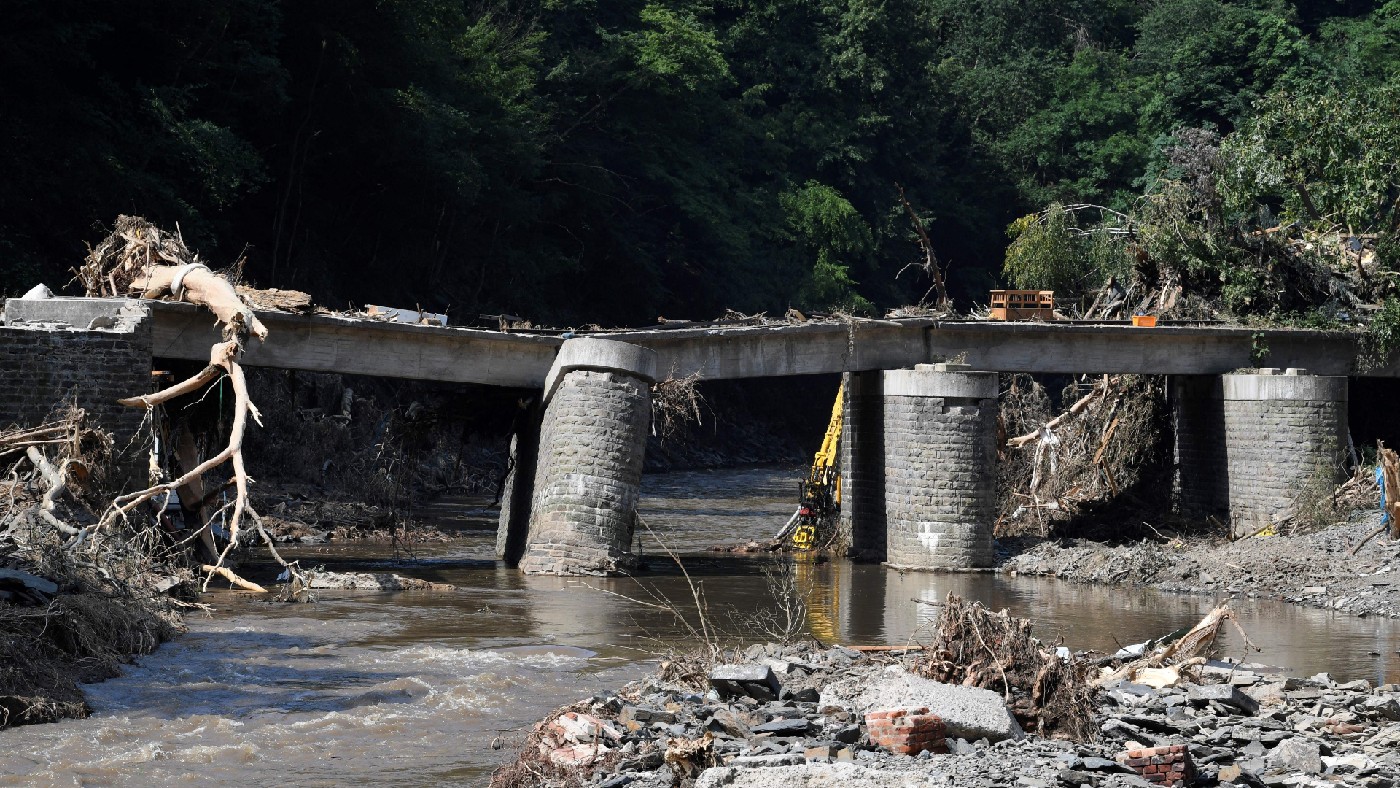
A free daily email with the biggest news stories of the day – and the best features from TheWeek.com
You are now subscribed
Your newsletter sign-up was successful
At least 93 people have died and hundreds are missing after extreme flooding devastated vast swathes of Germany and other neighbouring European countries.
German chancellor Angela Merkel said the events of the last week have been “characterised by fear, by despair, by suffering”, pledging to victims of the catastrophic floods that the government “will not leave you alone in this difficult, terrible hour”.
The western state of Rhineland-Palatinate and North Rhine-Westphalia immediately to the north have been the worst hit by the extreme weather conditions, with “buildings and cars washed away”, Euronews reports. The Netherlands has also been badly affected, with further flooding also occurring in Luxembourg and Switzerland.
The Week
Escape your echo chamber. Get the facts behind the news, plus analysis from multiple perspectives.

Sign up for The Week's Free Newsletters
From our morning news briefing to a weekly Good News Newsletter, get the best of The Week delivered directly to your inbox.
From our morning news briefing to a weekly Good News Newsletter, get the best of The Week delivered directly to your inbox.
In Germany, the record rainfall caused major rivers to burst their banks, triggering widespread devastation and destruction.
“All along the River Ahr there are flooded homes, broken bridges, the twisted remains of campsites and caravan parks,” says BBC Berlin correspondent Jenny Hill. In the district of Ahrweiler, “up to 1,300 people are unaccounted for”, she continues, while the small village of Schuld has been “almost entirely destroyed”.
A major dam near the Belgian border, the Rurtalsperre, is also “at capacity and overflowing”, while in the town of Erfstadt-Blessem, near Cologne, “floodwaters caused a row of houses to collapse”, Hill adds. Tens of thousands of police, soldiers and emergency service workers have been deployed to help with search and rescue.
London also experienced flash flooding earlier this week, when “nearly three inches of rain hit the capital in 90 minutes” on Monday night, The Guardian says. Reports of “flooded streets, basement flats, Tube stations and high streets” were shared from across the city, the i reports, with the flooding mainly hitting areas in the southwest, north and northwest of the capital.
A free daily email with the biggest news stories of the day – and the best features from TheWeek.com
Extreme weather events
According to meteorologists, a “low-pressure vortex circling over Europe” that is “hemmed in by other weather fronts” is the reason for the terrible floods in Germany, The Telegraph reports.
The “near-stationary” low-pressure weather system, dubbed “Bernd”, has concentrated the freak rainfall over the European nations and is also likely to have contributed to the downpour in London, the paper adds.
“What tends to happen with these quite big country-scale features is that other weather patterns around them will be influenced,” Grahame Madge, a spokesperson for the Met Office, said. “It’s affected the flow over the UK and contributed to some of these intense showers.”
Political leaders have also blamed climate change for the extreme flooding. Armin Laschet, leader of the Christian Democratic Union in Germany and minister-president of the badly impacted North Rhine-Westphalia, said: “We will be faced with such events over and over, and that means we need to speed up climate protection measures.”
European Commission President Ursula von der Leyen told reporters in Brussels that the floods in Europe “really shows the urgency to act” on climate change, with experts also agreeing that extreme weather events are “hitting Europe more frequently as climate change warms the continent”, The Telegraph says.
Last year was Europe’s joint hottest since records began, according to analysis of global weather stations conducted by Berkeley Earth, a California-based non-profit. Eight of the ten hottest ever years occurred in the past decade.
“Warmer air holds more water which, in turn, can lead to extreme downpours,” The Telegraph explains.
Changes in the geography of the land can also contribute to flooding, with important vegetation and other land barriers broken down as part of changing temperatures and “freak weather patterns”, Euronews says. This means that “many of the natural preventative measures against flooding are no longer there.”
A leaked draft of the next report by the UN Intergovernmental Panel on Climate Change (IPCC) predicts that Europe is “destined to become a hot continent” if action is not taken to reduce global temperatures, Politico reports.
Flooding will be concentrated in northern and central Europe, including the UK and Ireland, while “the south roasts”, the site adds. Sea levels will also rise causing “extreme and permanent flooding along Europe’s coasts”, especially in low-lying cities in Germany, Belgium and the Netherlands.
-
 What to know before filing your own taxes for the first time
What to know before filing your own taxes for the first timethe explainer Tackle this financial milestone with confidence
-
 The biggest box office flops of the 21st century
The biggest box office flops of the 21st centuryin depth Unnecessary remakes and turgid, expensive CGI-fests highlight this list of these most notorious box-office losers
-
 What are the best investments for beginners?
What are the best investments for beginners?The Explainer Stocks and ETFs and bonds, oh my
-
 Why broken water companies are failing England and Wales
Why broken water companies are failing England and WalesExplainer With rising bills, deteriorating river health and a lack of investment, regulators face an uphill battle to stabilise the industry
-
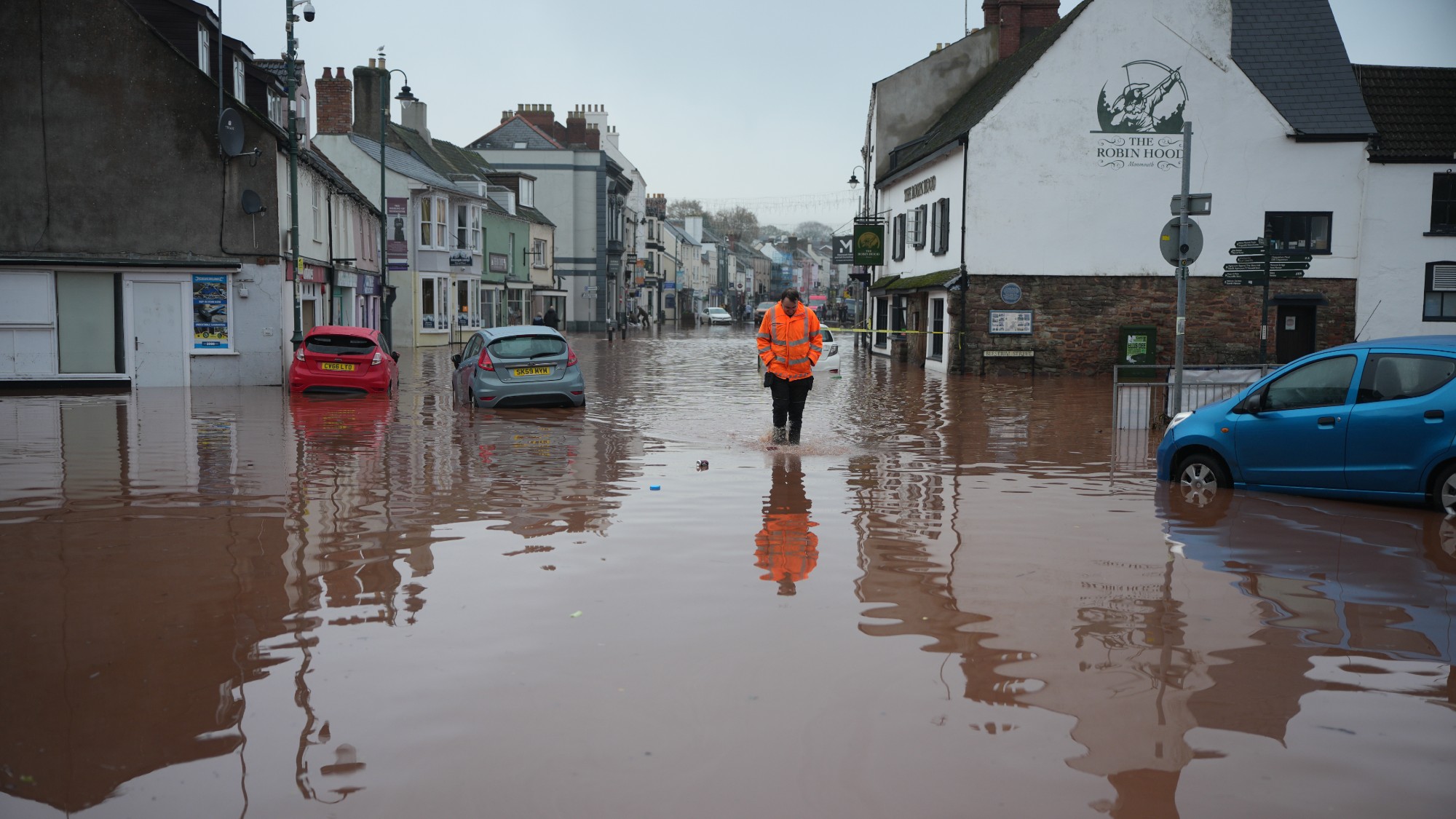 How will climate change affect the UK?
How will climate change affect the UK?The Explainer Met Office projections show the UK getting substantially warmer and wetter – with more extreme weather events
-
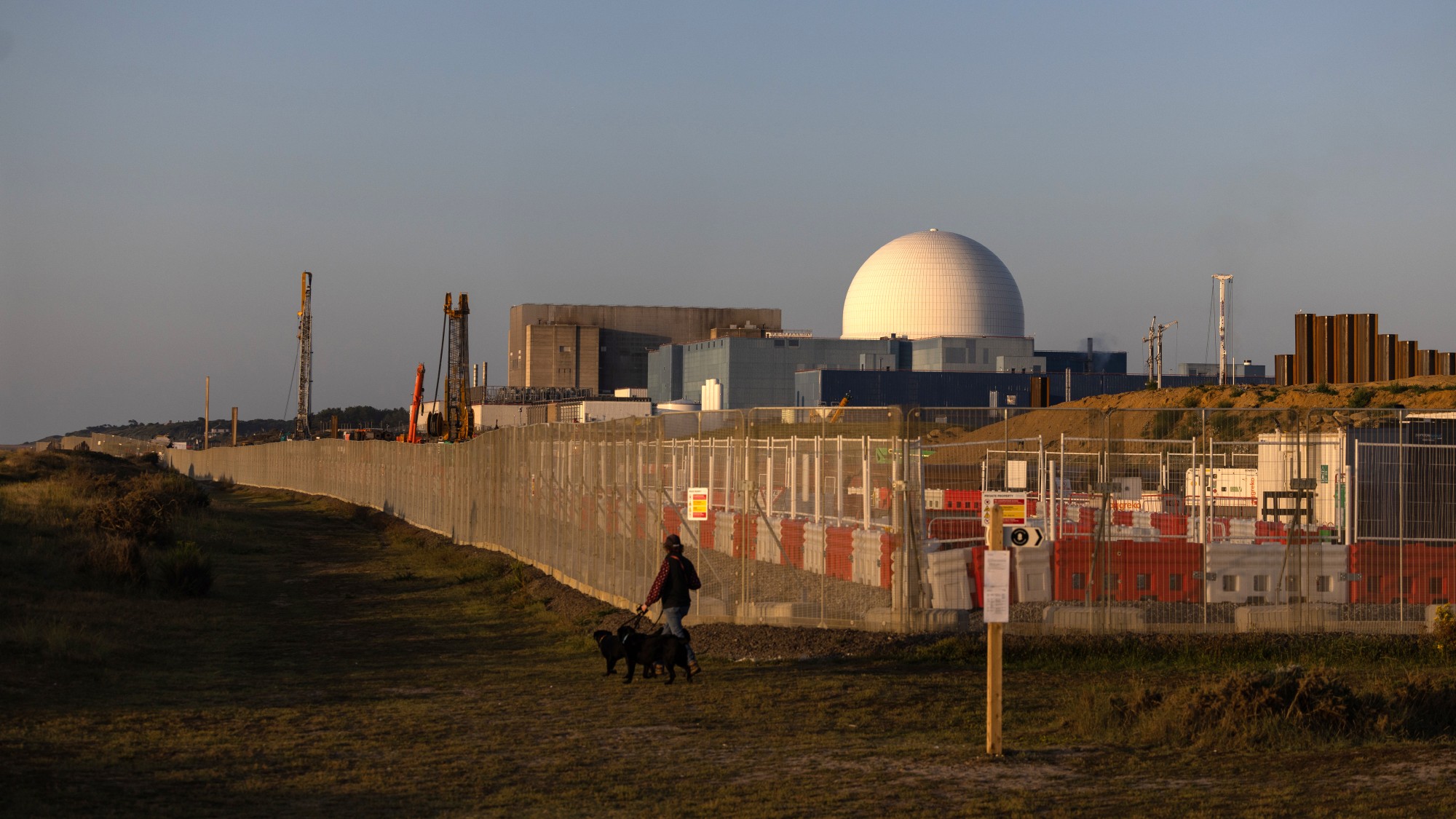 Are we entering a ‘golden age’ of nuclear power?
Are we entering a ‘golden age’ of nuclear power?The Explainer The government is promising to ‘fire up nuclear power’. Why, and how?
-
 Europe's heatwave: the new front line of climate change
Europe's heatwave: the new front line of climate changeIn the Spotlight How will the continent adapt to 'bearing the brunt of climate change'?
-
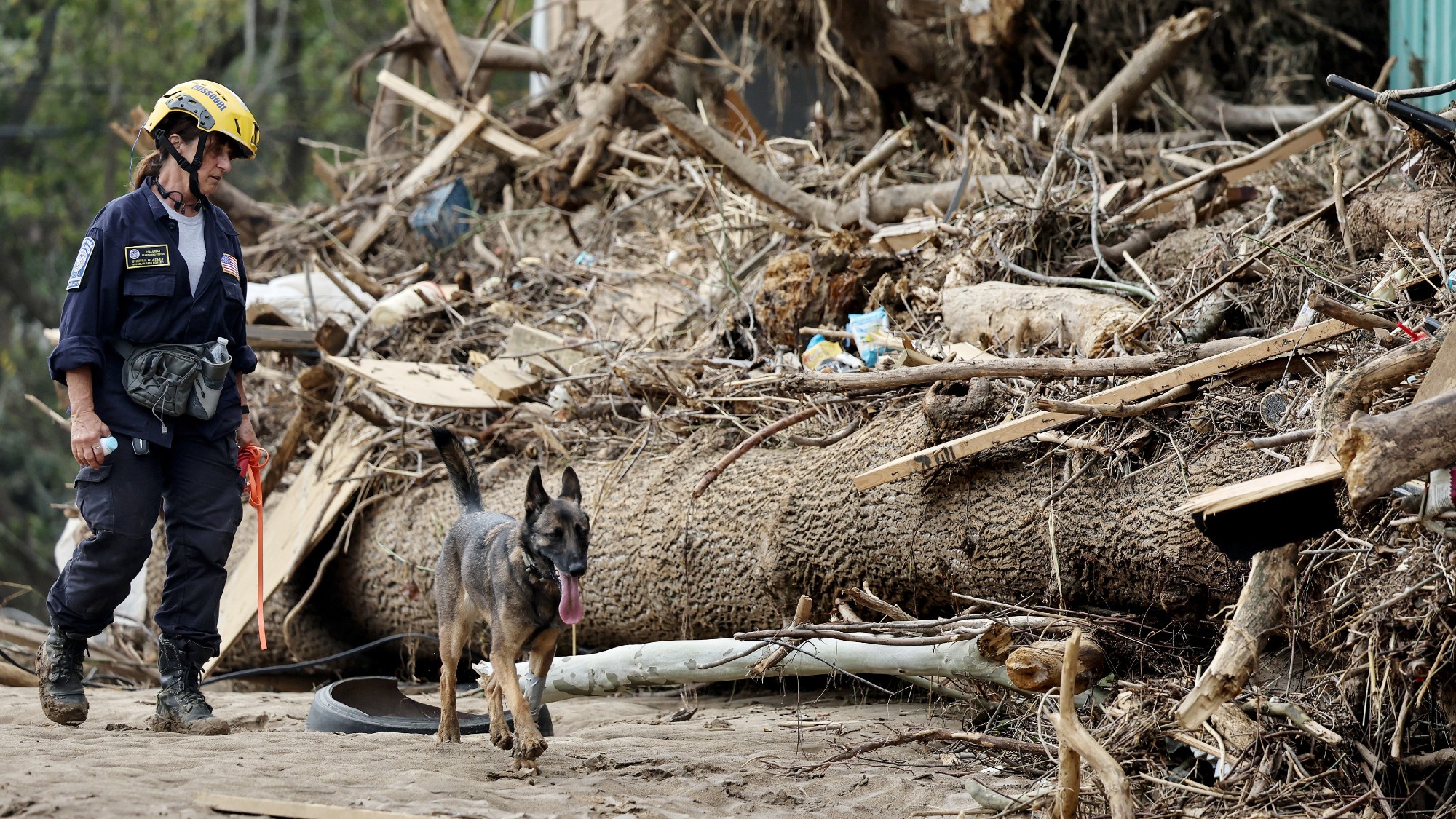 Storm warning: Will a shrunken FEMA and NOAA be able to respond?
Storm warning: Will a shrunken FEMA and NOAA be able to respond?Feature The U.S. is headed for an intense hurricane season. Will a shrunken FEMA and NOAA be able to respond?
-
 Seven wild discoveries about animals in 2025
Seven wild discoveries about animals in 2025In depth Mice have Good Samaritan tendencies and gulls work in gangs
-
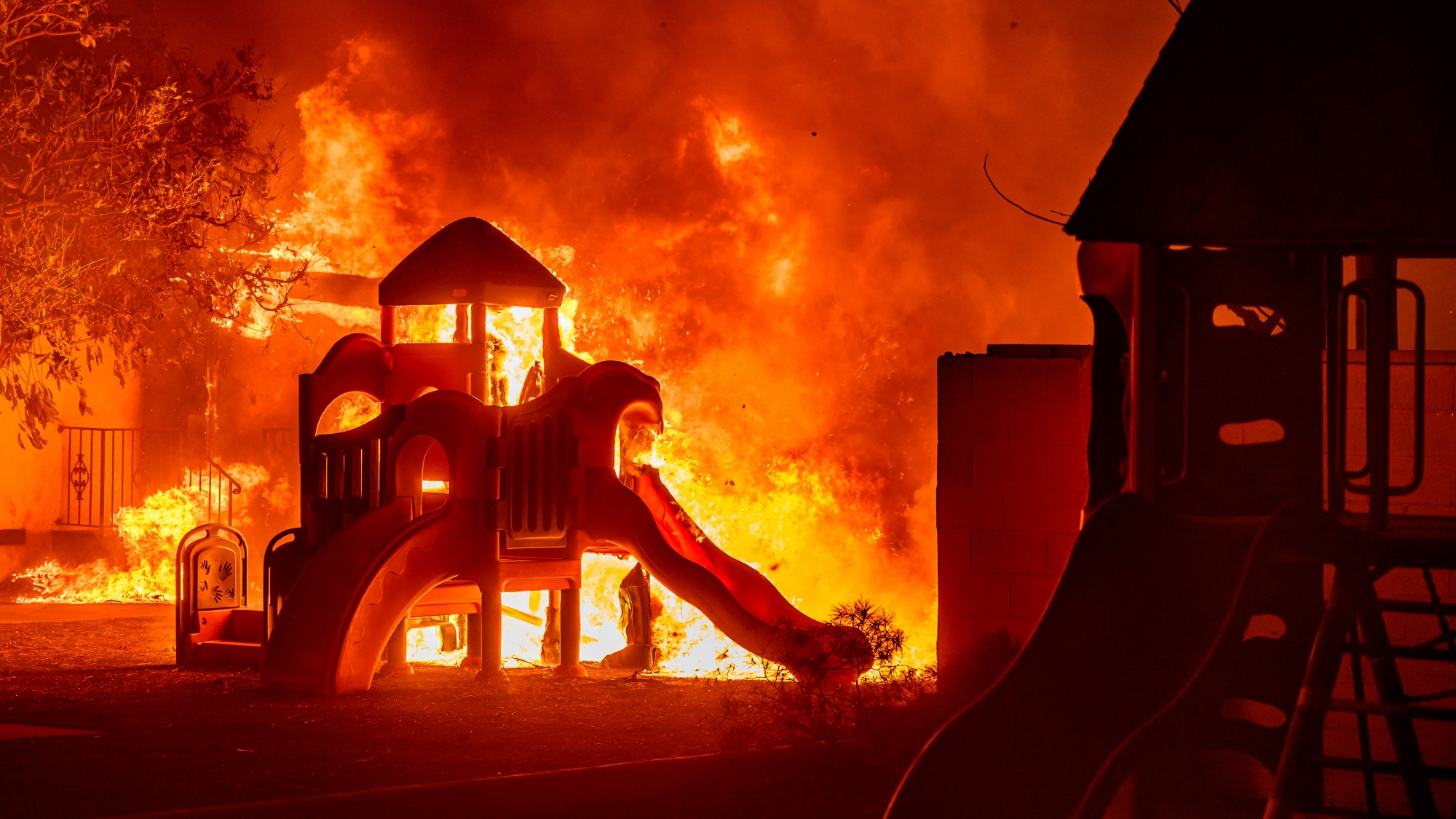 Should Los Angeles rebuild its fire-prone neighbourhoods?
Should Los Angeles rebuild its fire-prone neighbourhoods?Talking Point The latest devastating wildfires must be a wake-up call for Los Angels to 'move away from fire-prone suburban sprawl'
-
 England's great parakeet invasion
England's great parakeet invasionThe Explainer How did a parrot from the Himalayas become a common sight in southeast England?